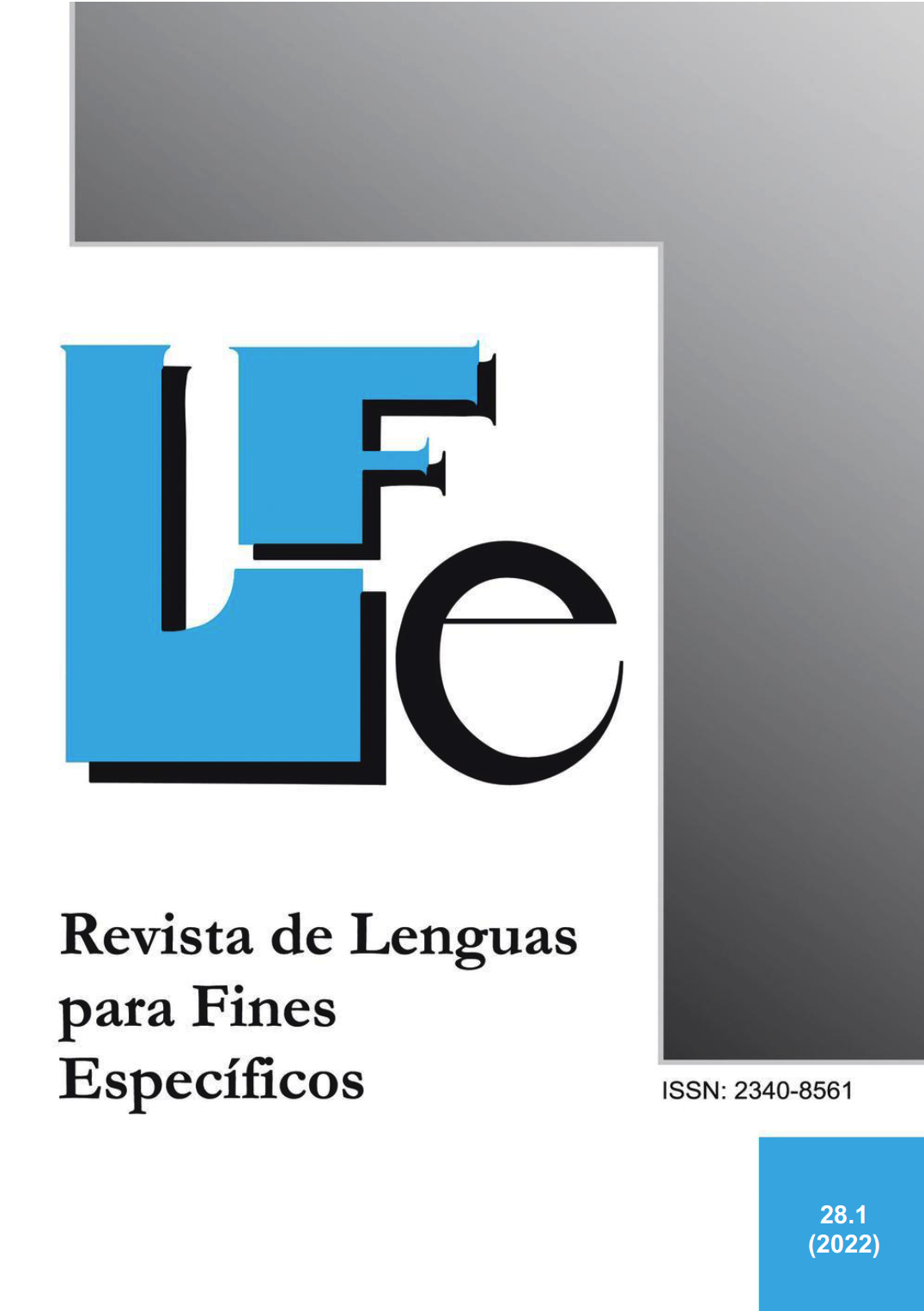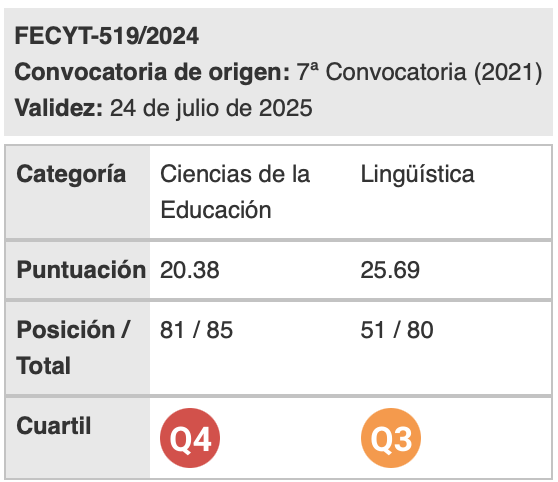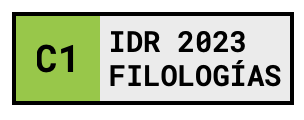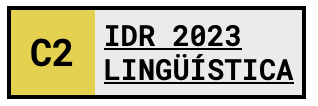Book Review: Bruce, Ian. 2020. Expressing Critical Thinking through Literary Texts.
Keywords:
Critical thinking, genre model, writing, text, discourse, EnglishAbstract
The study of how critical thinking is expressed through written texts has been addressed by a diversity of scholars (such as Del Lungo Camiciotti & Tognini-Bonelli, 2004; Hunston & Thompson, 2000; Hyland & Diani, 2009; Salager-Meyer & Lewin, 2011). Drawing from prior studies, this book proposes a new theory for the manual analysis of the expression of critical thinking that identifies and categorises the genre-specific elements used by experienced writers to enact criticality. The book analyses how criticality is constructed in five different genres with the purpose of obtaining results that serve as a basis for providing pedagogical advice to the area of teaching writing and broadening the knowledge of the expression of critical thinking.
Downloads
References
Bruce, Ian. (2014a). Expressing Criticality in the Literature Review in Research Article Introductions in Applied Linguistics and Psychology. English for Specific Purposes, 36, 85-96.
Bruce, Ian. (2014b). Enacting Criticality in Corporate Disclosure Communication: The Genre of the Fund Manager Commentary. International Journal of Business Communication, 51(4), 315-336.
Bruce, Ian. (2016). Constructing Critical Stance in University Essays in English Literature and Sociology. English for Specific Purposes, 42, 13-25.
Bruce, Ian. (2018). The Textual Expression of Critical Thinking in PhD Discussions in Applied Linguistics. ESP Today, 6(1), 2-24.
Bruce, Ian. (2020). Expressing Critical Thinking through Disciplinary Texts: Insights from Five Genre Studies. Bloomsbury Academic.
Del Lungo Camiciotti, G. & Tognini-Bonelli, E. (Eds.). (2004). Academic Discourse: New Insights into Evaluations. Bern, Switzerland: Lang.
Hopkins, A. & Dudley-Evans, T. (1988). A Gerne-Based Investigation of the Discussion Sections in Articles and Dissertations. English for Specific Purposes, 7(2), 113-121.
Hunston, S. & Thompson, G. (2000). Evaluation in Text: Authorial Stance and the Construction of Discourse. Oxford, UK: Oxford University Press.
Hyland, K. & Diani, G. (2009). Academic Evaluation: Review Genres in University Settings. Basingstoke, UK: Palgrave Macmillan.
Lombardi, Loredana et al. (2021). Primary School Teachers’ Experiences of Teaching Strategies that Promote Pupils’ Critical Thinking. Taylor & Francis Online.
Salager-Meyer, F. & Lewin, B.A. (Eds.) (2011). Crossed Words: Criticism in Scholarly Writing. Bern, Switzerland: Lang.
Swales, J.M. (1981). Aspects of Article Introductions. Birmingham, UK: The University of Aston.
Swales, J.M. (1990). Genre Analysis: English in Academic and Research Settings. Cambridge, UK: Cambridge University Press.
Downloads
Published
How to Cite
Issue
Section
License
Authors who publish with this journal agree to the following terms:
- Authors retain copyright and grant the journal right of first publication with the work simultaneously licensed under a Creative Commons Attribution License that allows others to share the work with an acknowledgement of the work's authorship and initial publication in this journal.
- Authors are able to enter into separate, additional contractual arrangements for the non-exclusive distribution of the journal's published version of the work (e.g., post it to an institutional repository or publish it in a book), with an acknowledgement of its initial publication in this journal.
- Authors are permitted and encouraged to post their work online (e.g., in institutional repositories or on their website) prior to and during the submission process, as it can lead to productive exchanges, as well as earlier and greater citation of published work (See The Effect of Open Access).

Revista de Lenguas para fines específicos is licensed under a Creative Commons Reconocimiento-NoComercial-SinObraDerivada 4.0 Internacional License.

























